Collective bargaining
Battle for VW: These are the decisive women and men
Copy the current link
The dispute over the restructuring at VW continues. Whether it succeeds depends on the goodwill of the corporate powerful on the supervisory board. These are the most important members.
The VW board is threatening to close three German plants, massively cut jobs and drastically cut wages. Just an exaggerated threatening gesture? Or bitter seriousness? Collective bargaining will bring more clarity. In the end, however, it is the Group Supervisory Board (AR) that decides how severe the cuts will be at Europe’s largest car manufacturer.
There are 20 people on the committee, representatives of employers and employees as well as the state of Lower Saxony. The shareholders provide ten representatives, the employees five, the unions three, and the state two. They are all well looked after because of this position: according to the 2022 remuneration report, they receive a fixed salary of 100,000 euros per financial year. The chairman of the supervisory board even receives 300,000 euros, his deputy 200,000 euros. These heads are particularly important:
Employees:
Daniela Cavallo, 49, business economist
The chairwoman of the general and group works council of Volkswagen AG is constantly present in the media precisely because of the plans for cuts. The Italian, a guest worker child with a German passport, surprisingly followed in the footsteps of her all-powerful predecessor Bernd Osterloh in 2021. Traditionally, the fate of the company is decided by the works council, which is why Cavallo is perhaps even the most powerful person in VW management. She is considered assertive and solution-oriented, but always controlled; Swearing is not part of her repertoire. She has already supported savings programs worth 10 billion euros at the VW brand. But she wants to keep all her works.
Jörg Hofmann, 69, economist
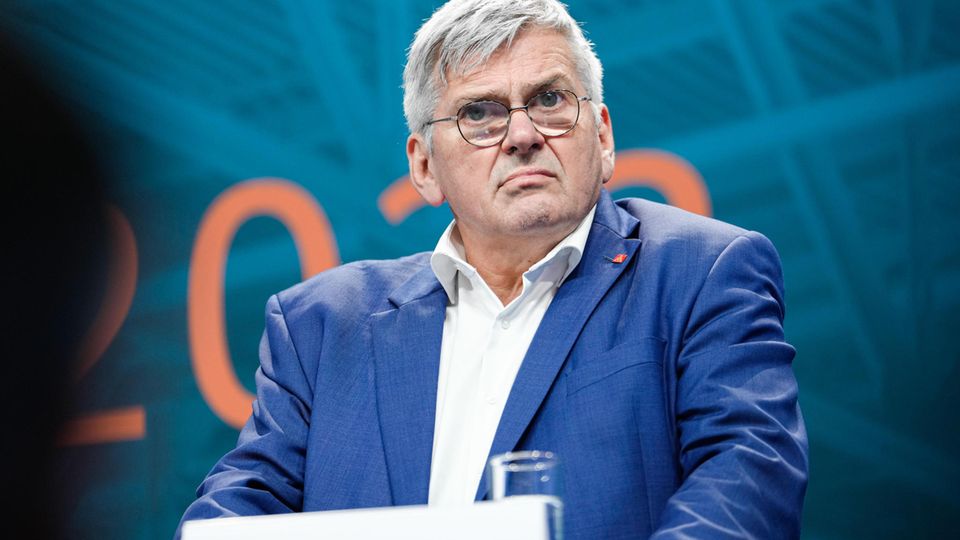
He was the acerbic head of IG Metall until 2023, and is now a discontinued model at VW too. But not his union. This sets the negotiating benchmarks in the collective bargaining dispute. Hofman’s successor Christiane Benner, who is due to join the supervisory board of the ailing company in 2025, is demanding seven percent more wages for VW employees. That’s pretty much exactly the opposite of what the board wants, namely minus ten percent. Hofmann advocated for a long time to focus everything on electromobility until he recently called for “technological openness” in the style of the FDP. In addition to Realo, IG Metall woman Conny Schönhardt and Seat general works council Matias Carnero are traveling on the union ticket.
Harald Buck, 62, motor vehicle mechanic

The influential chairman of Porsche’s general and group works council is a true Porsche product, as powerful as a 911, not least because the Zuffenhausen-based company used its profits to fill the gaps in VW’s returns for years. He sued VW in 2023 because the company capped its works council salaries to around 6,000 euros. This brought him little applause, but a lot of ridicule and dissatisfaction from the staff.
Employer:
Hans Dieter Pötsch, 73, industrial engineer
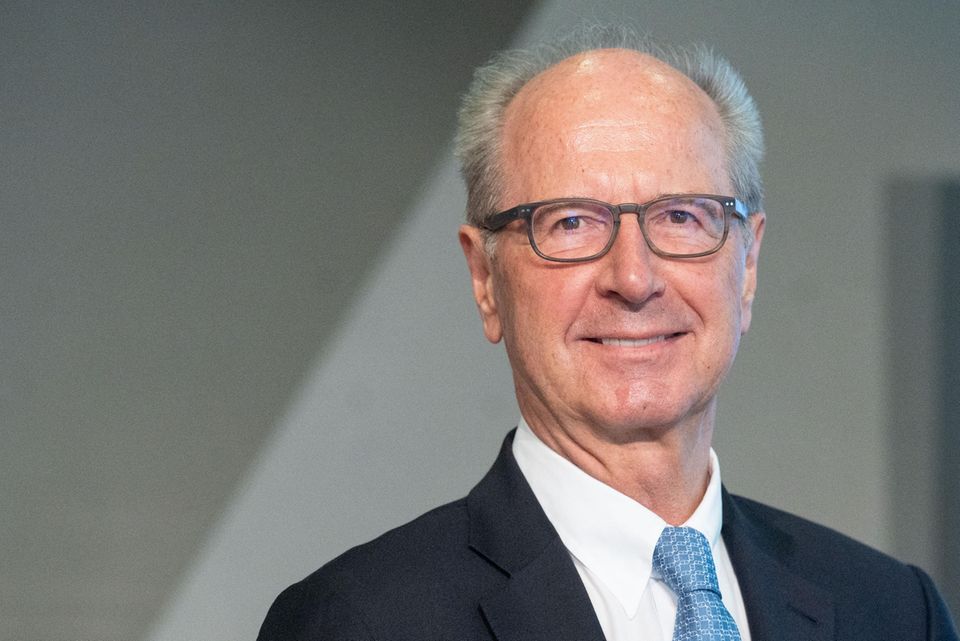
Battle-tested chairman of the VW supervisory board. The Austrian is the man of numbers, was CFO at VW at the time of the diesel scandal, and is now CEO of the family holding company Porsche SE, which holds 31.9 percent of VW’s capital and 53.3 percent of the AR votes. According to Manager Magazin, he is one of the top earners among German supervisory boards. Pötsch is considered a loyal man at Wolfgang Porsche’s side.
Hans Michel Piëch, 82, lawyer & Wolfgang Porsche, 81, economist
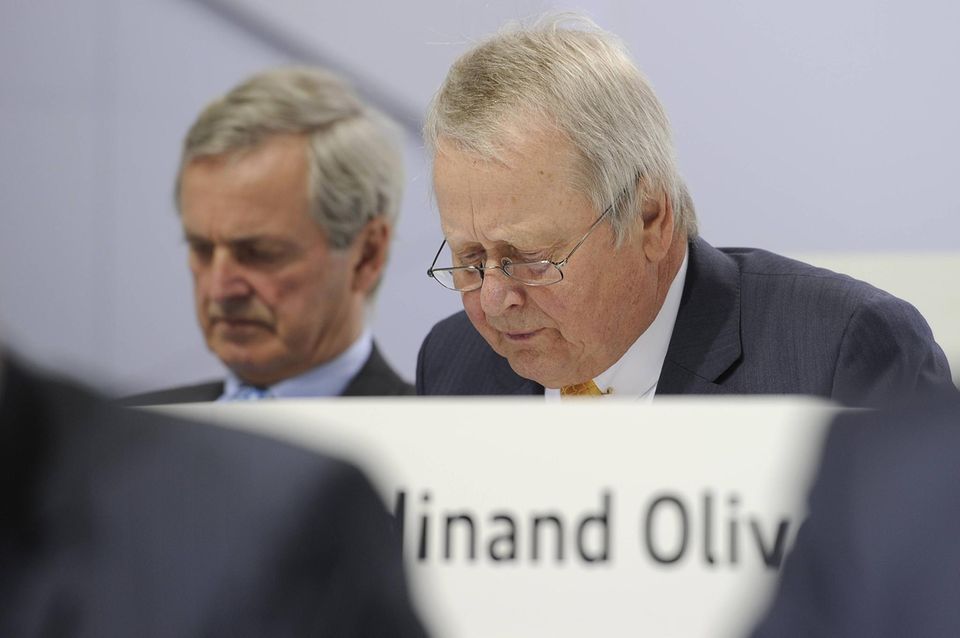
The cousins are the most powerful VW owners and have run the Piëch and Porsche car families for a quarter of a century. They rarely fight with their sights open or on public battlefields. Traditionally, they determine in a pope-like manner who can manage the company and how high the returns must be. According to the Corporate Governance Code, they are actually too old for the AR – but they form the center of power, then it works. Their nephew Oliver Porsche, 63, also a lawyer, also sits on the supervisory board.
Hessa Sultan Al Jaber and Mansoor Bin Ebrahim Al-Mahmoud
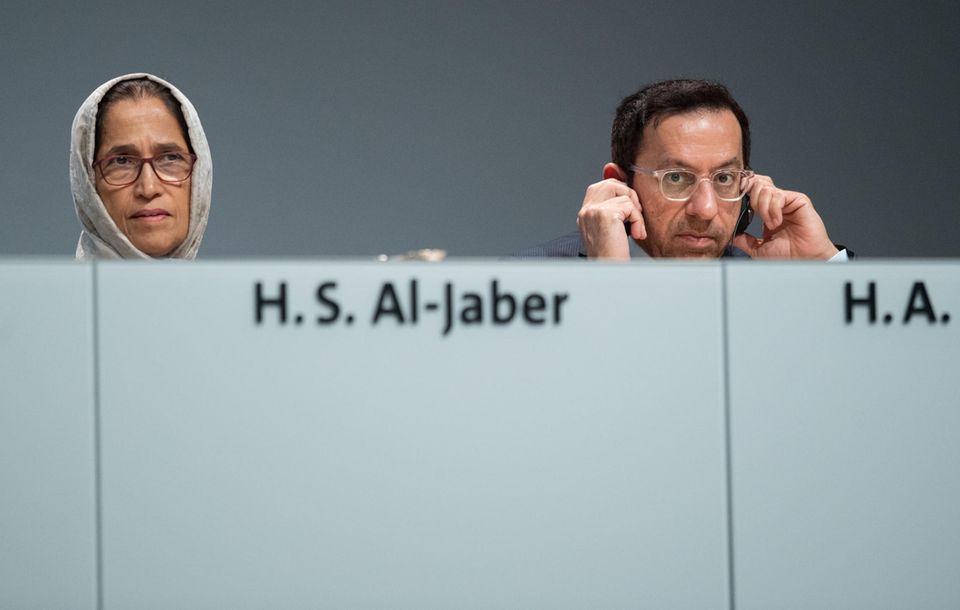
The former Minister for Information and Communications Technology in Qatar and the government-affiliated economist have a say at VW. Qatar owns ten percent of VW’s capital and 17 percent of the votes on the supervisory board and has so far stood firm by the group’s board of directors and its plans. They are considered to have little interest in the German labor market. Worrying: The major shareholder is one of the supporters of Hamas, which triggered the most recent Middle East conflict with its bloody terror.
The state of Lower Saxony
Stephan Weil, 65, Prime Minister
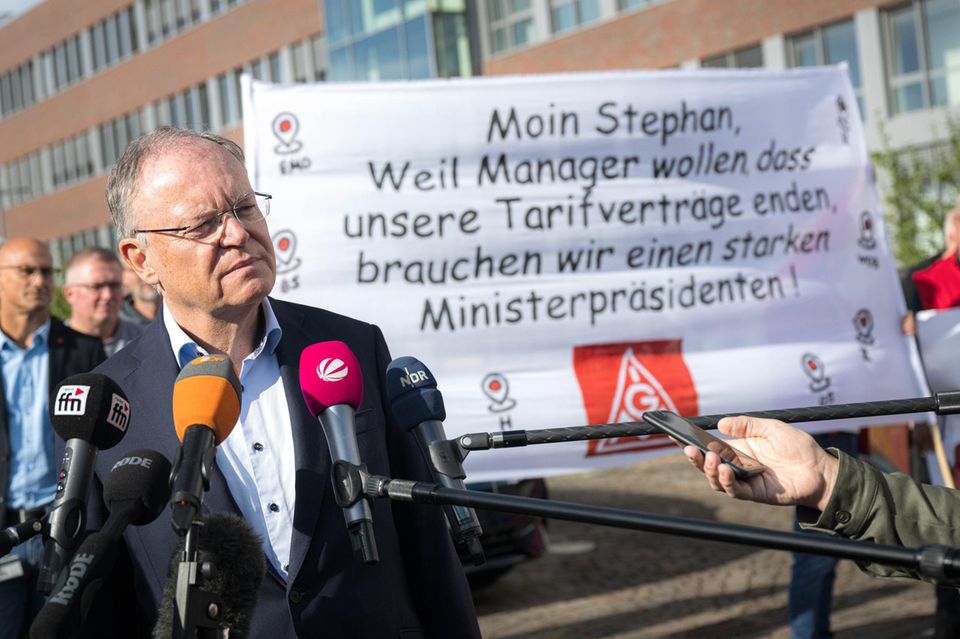
There are six VW locations in the state, most notably the main plant in Wolfsburg, where more than 60,000 employees earn their wages. Lower Saxony holds 20 percent of the voting rights in VW. Social Democrat Weil, who is well aware of the car company’s structural problems, prepared the country for job losses a month ago. He wants to fight for every job, but: “Experience shows that measures for more productivity and efficiency often result in fewer jobs.” He didn’t even rule out factory closures.
Julia Willie Hamburg, 38, Minister of Education

The Green Party, deputy prime minister, is the youngest on the supervisory board. The German Protection Association for Securities Ownership (DSW) initially wanted to prevent it by taking legal action, describing it as an “obviously incorrect appointment” without competence. Now Lower Saxony’s opposition leader Sebastian Lechner, 43, is openly putting pressure on her and SPD man Weil. The Christian Democrat is loudly urging them to prevent factory closures in Lower Saxony.
Source: Stern




